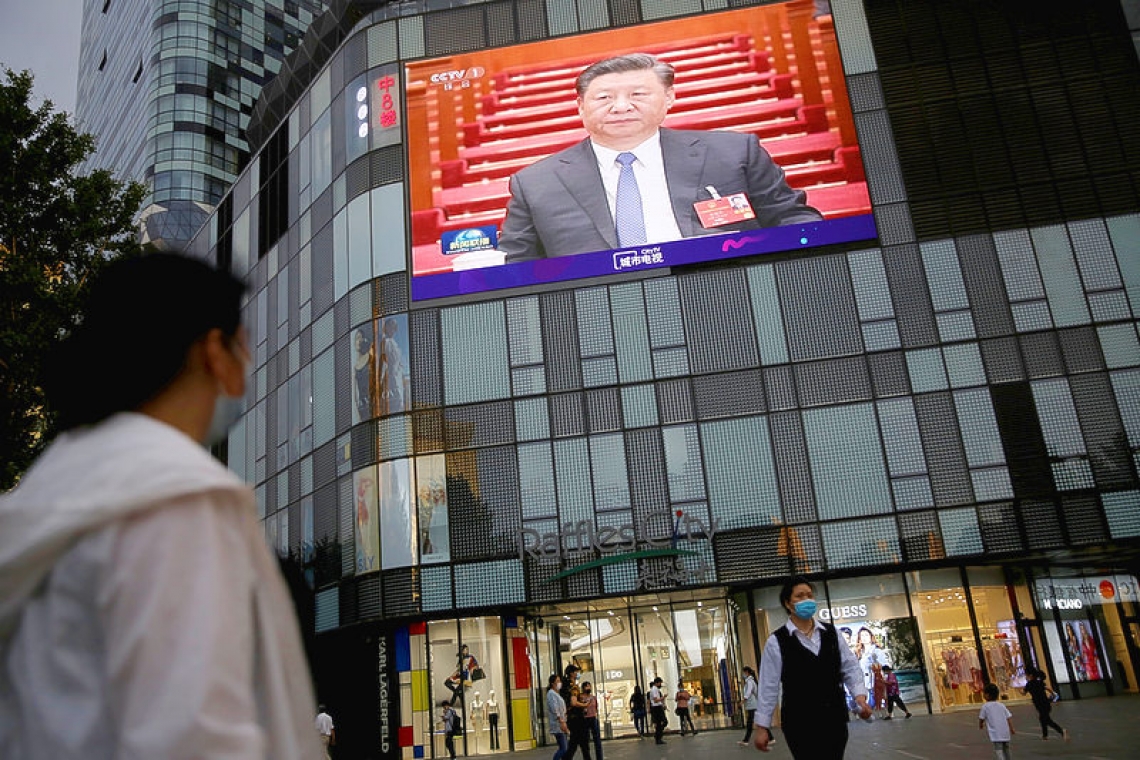BEIJING--China has room to stimulate an economy trying to recover in the wake of the coronavirus pandemic, but the government does not want to open the "floodgates", Premier Li Keqiang said on Thursday at the end of the annual meeting of parliament.
China's economy suffered a 6.8 percent contraction in the first quarter, as the country reeled from an epidemic that began in the central city of Wuhan. And for the first time in 19 years, the government has refrained from setting an annual growth target, with the outlook muddied by the ongoing fallout from the pandemic.
But having brought the outbreak in China under control, Li said the country would still aim to achieve positive growth this year, adding that the government would provide support if needed. "We have reserved policy room. Be it fiscal, finance, or social security," Li said during his once-a-year news conference that follows the close of the parliament.
"We can introduce new policies in a timely manner, and we will not hesitate to maintain the stable operation of the Chinese economy, which is paramount," he said.
China does not need massive stimulus, which could result in frothy markets, but growth remains important, and liquidity will be increased because "exceptional situations call for exceptional measures," Li said.
Investors have been waiting for Beijing to roll out more aggressive stimulus to pull the economy out of an unprecedented downturn, and some were disappointed at the decision not to set a growth target when the annual session of parliament opened last Friday after a delay of 78 days.
Li said economic policy is focused on six priorities including job security and the survival of small firms. Beijing has pledged more government spending and a fiscal deficit target of at least 3.6% of GDP, compared with a 2.8% target last year. Based on fiscal measures announced so far, the stimulus the government plans to roll out is equivalent to about 4.1% of China's GDP, according to Reuters calculations.
Earlier on Thursday, China's parliament voted overwhelmingly to press ahead with the national security laws for Hong Kong. Many Hong Kongers fear the move could endanger the city's freedoms under the "one country, two systems" model put in place in 1997, when Britain handed Hong Kong back to Chinese rule.
And the United States, Britain and the European Union have all expressed concern about the security legislation and its implications for China's freest city. Li said the legislation would bolster the city's stability and prosperity, and is in line with "one country, two systems."







